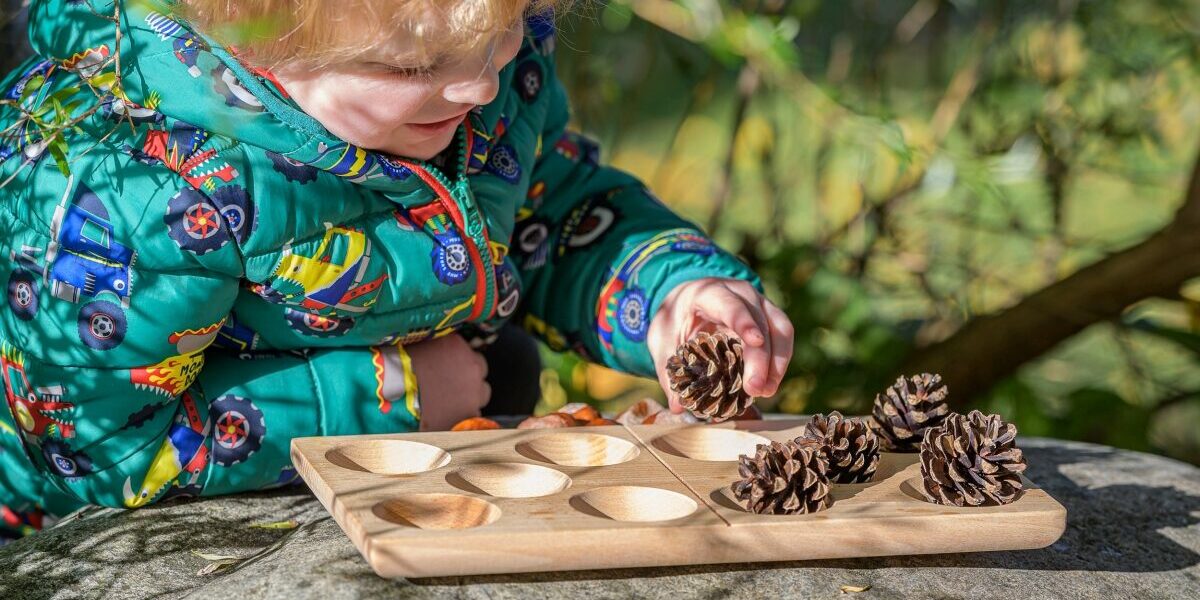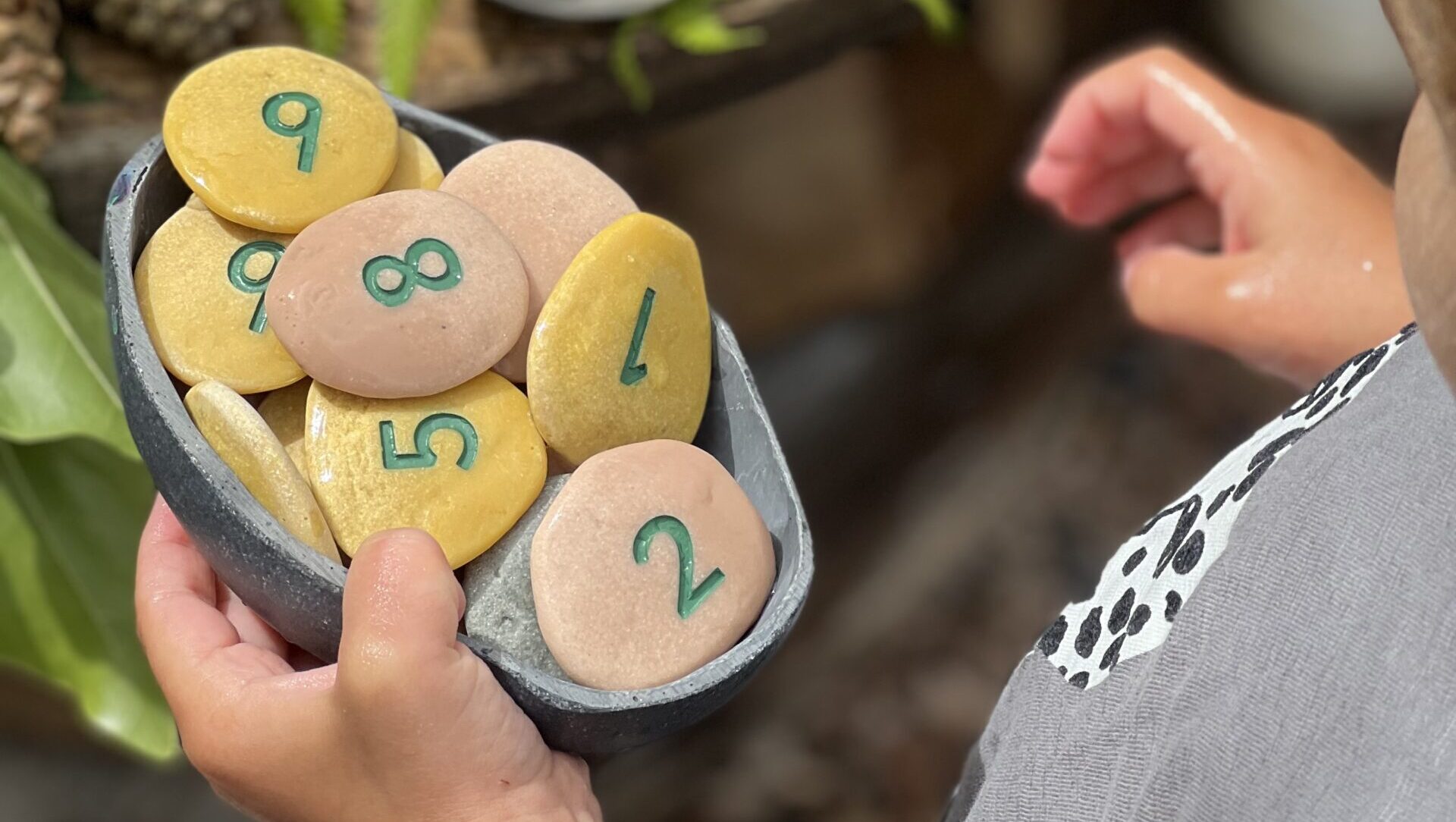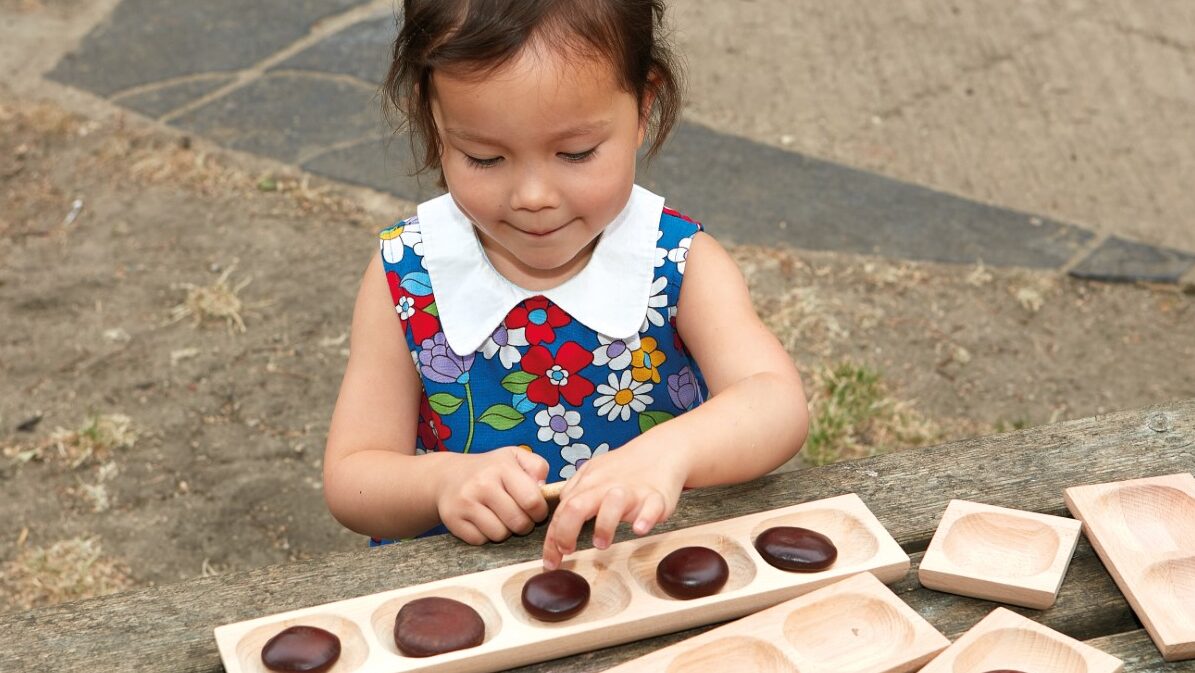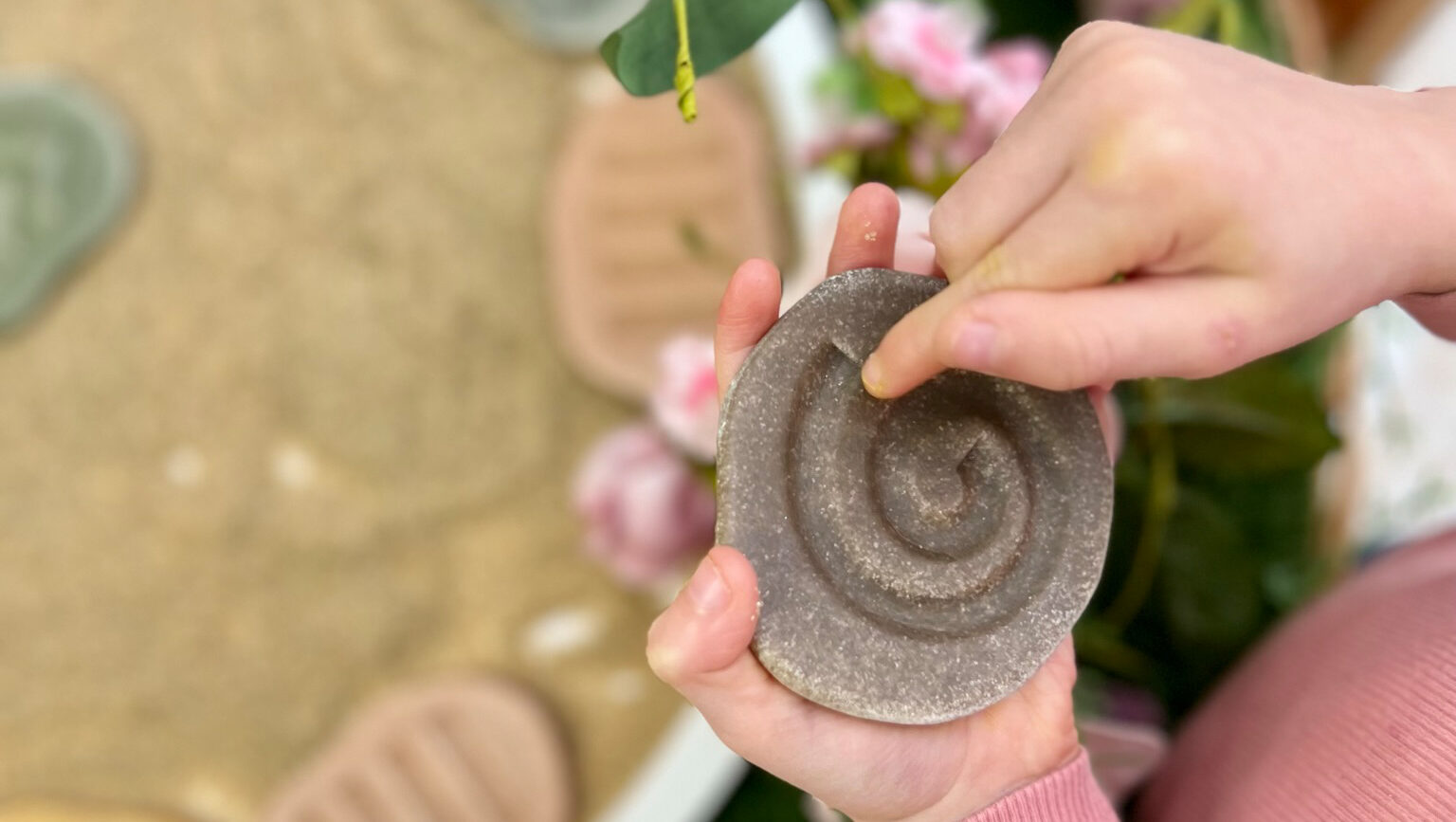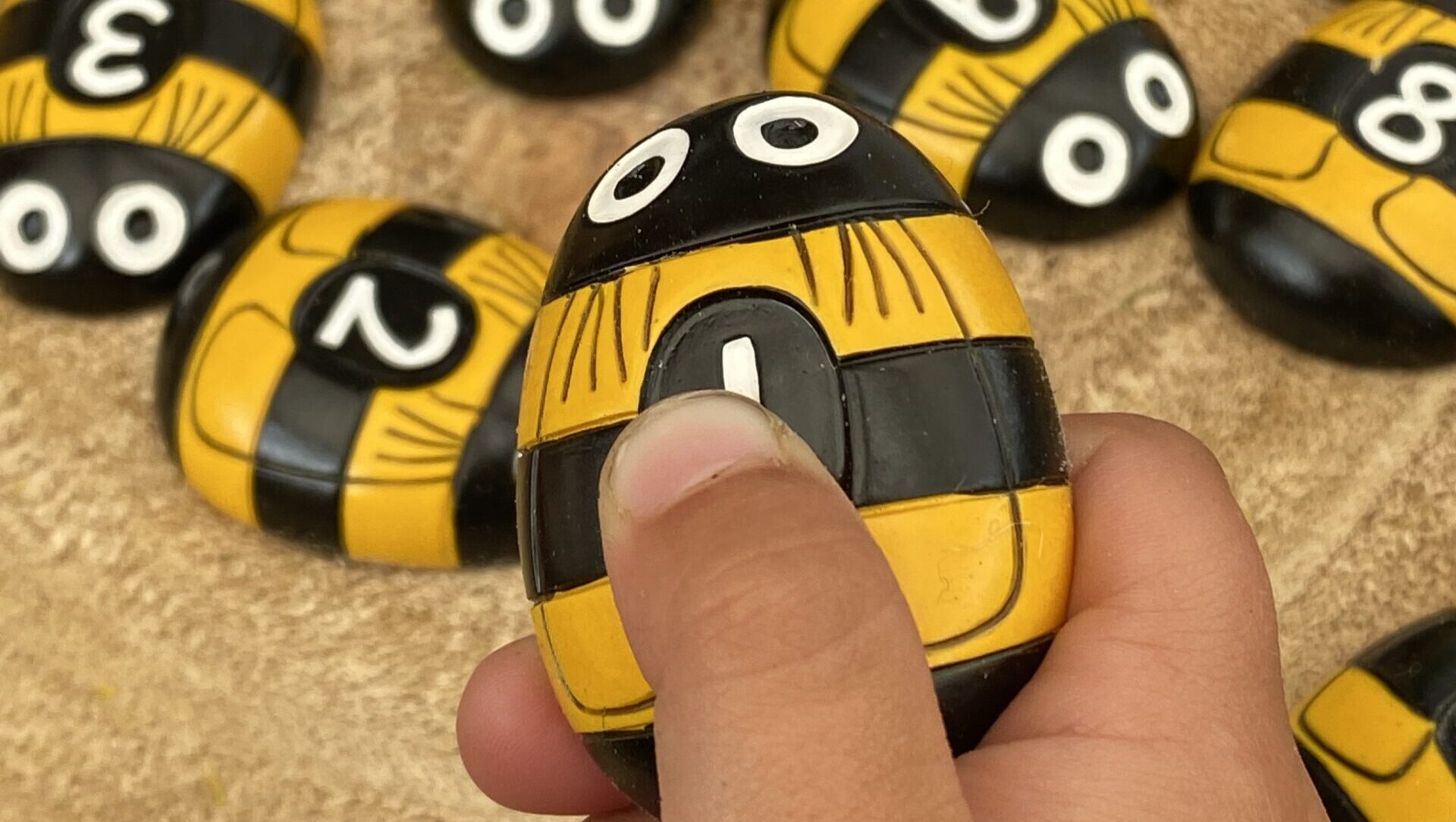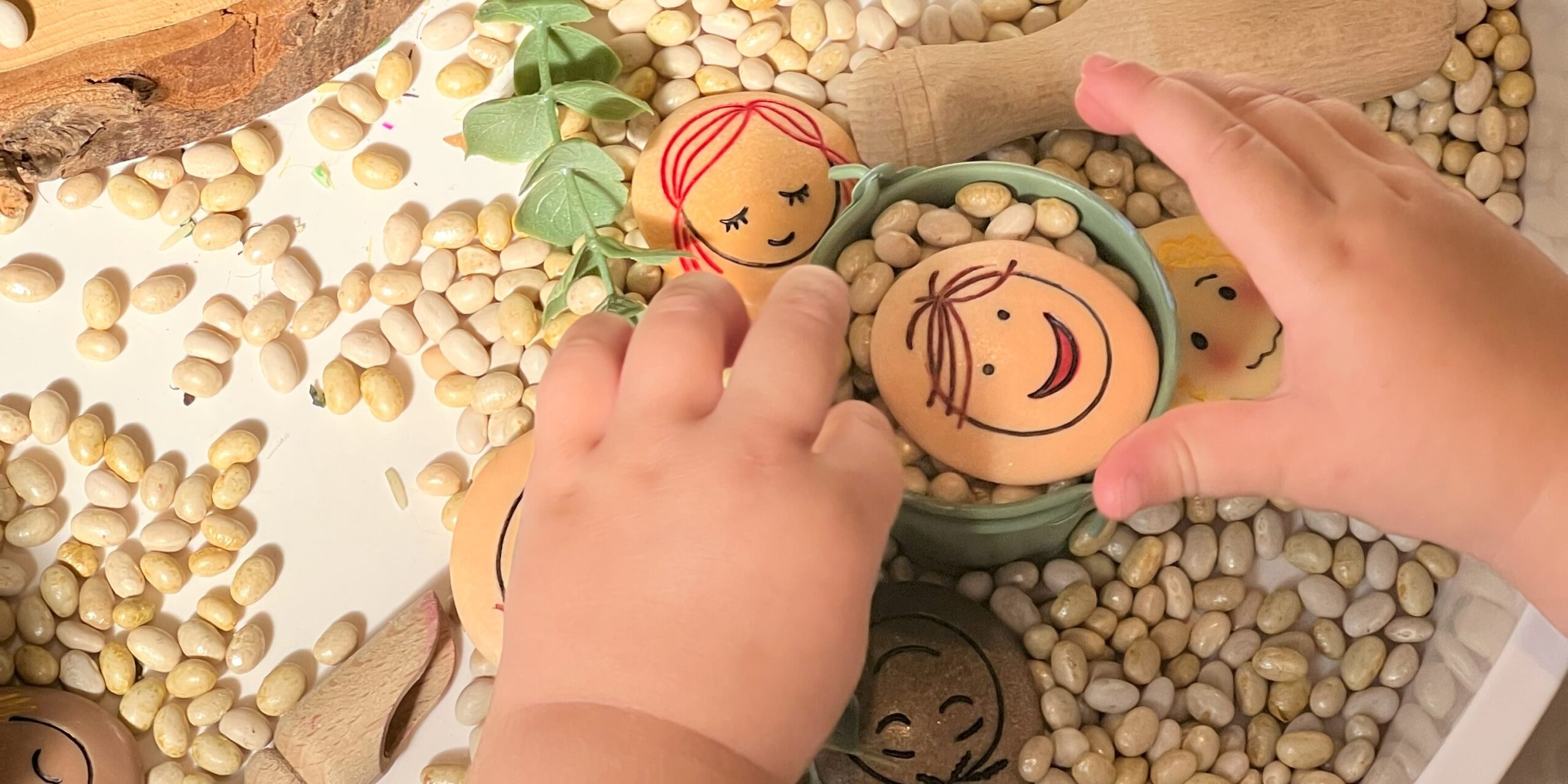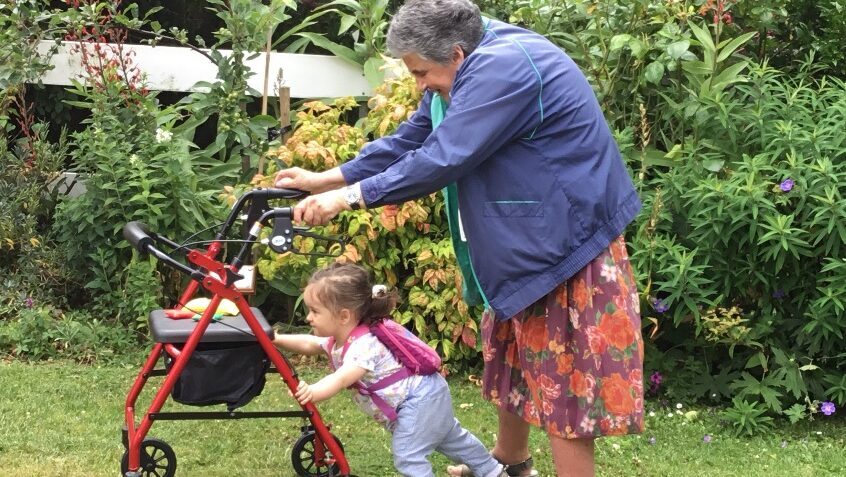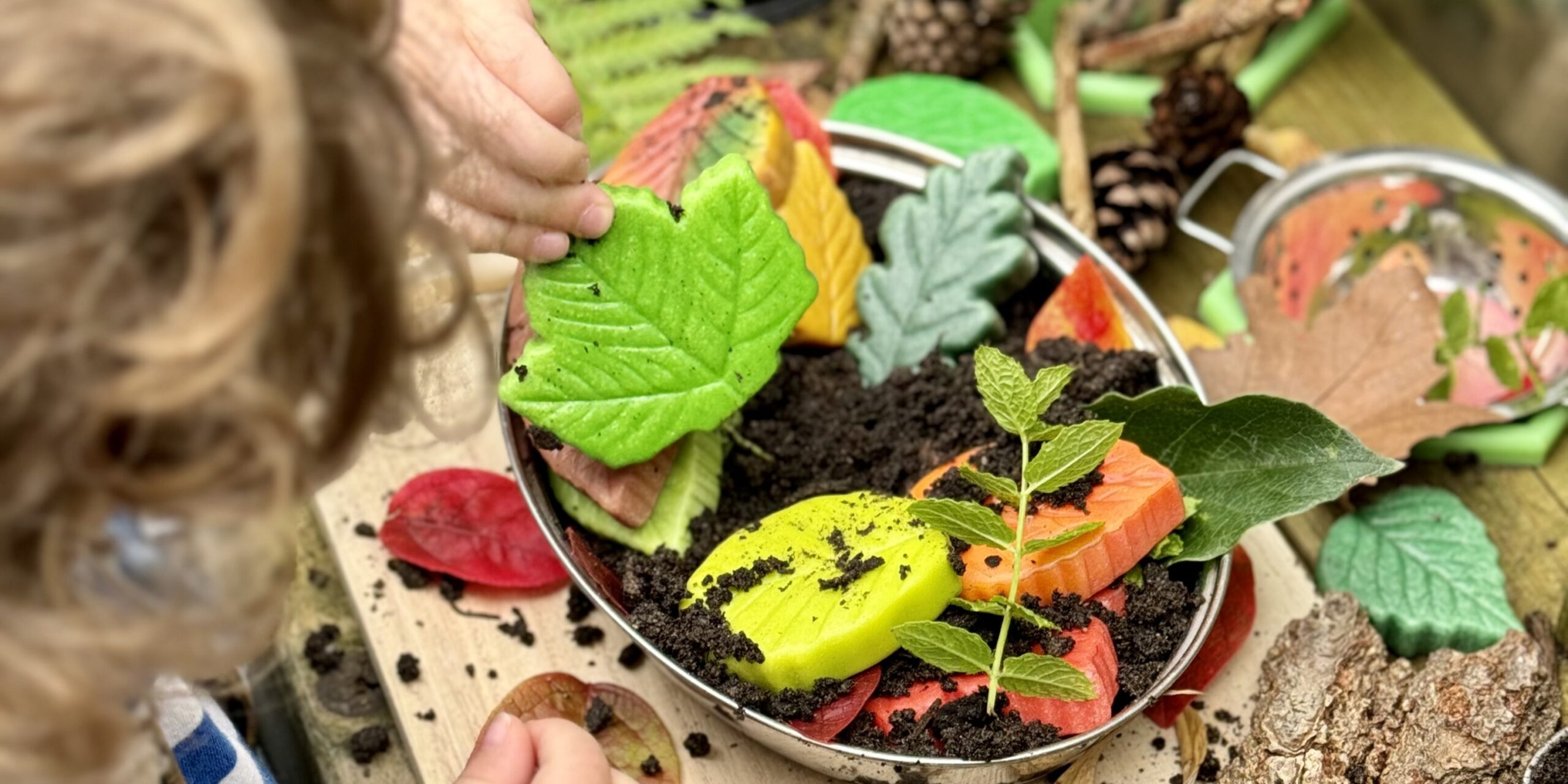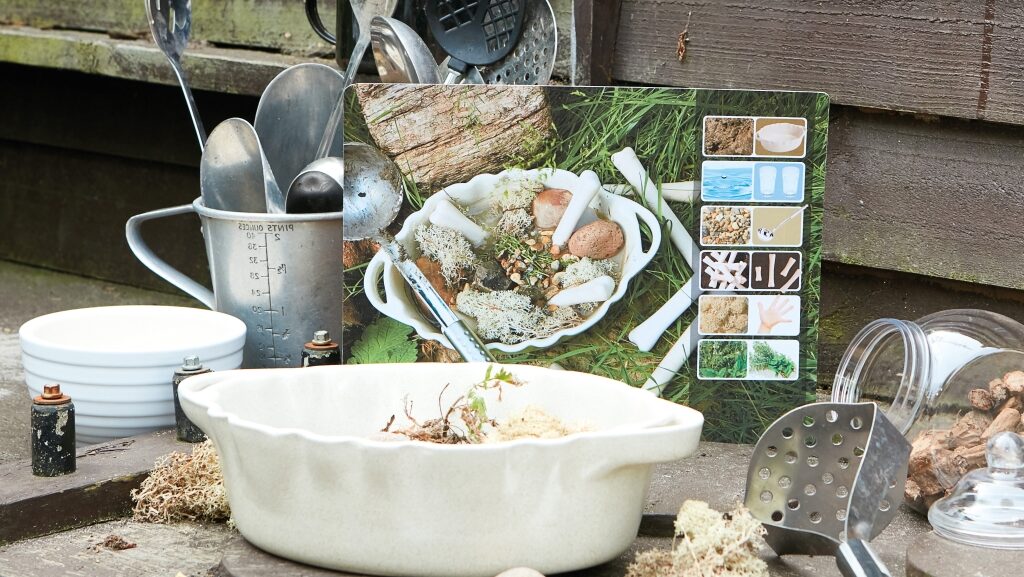Developing subitising skills with the Domino 10-Frame Tray
Developing number sense in young children focuses on three skill strands: counting, comparison, and composition (Griffiths, Gifford and Back, 2016). The Domino 10-Frame Tray helps to support early counting and comparison, with its unique and easily recognisable pattern helping children to develop subitising skills.

